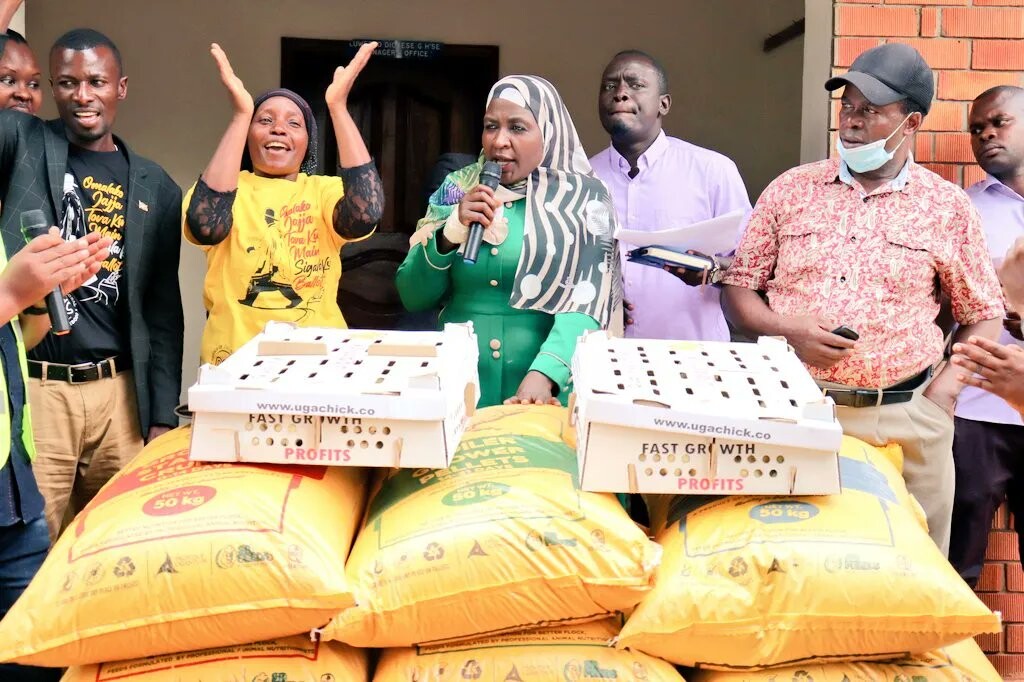By Lukanga Samuel
Like the head of capacity at the West Africa Civil Society Institute, Charles Kojo Vandyck once reflected, I too have observed that ‘throwing money at a social challenge’ hardly ever leads to a sustainable solution,”. Emyooga, PDM among other poverty alleviation schemes as stated by Museveni’s 2021 manifesto have gradually become part of our societal problems.
NRM’s manifesto unit has been working with its members to help them find working methods that appreciate and unlock the inherent power of the communities they serve. The 2021 Manifesto gave us a useful framework for a common understanding of what local development means and search for the Manifesto’s call to move away from quick fixes in favour of long-term, patient approaches centred around communities and their resources, speaks to the experience of Tewa, Nepal’s women’s fund, which has been advancing women’s rights for over three decades through grants to grassroots women’s groups and by building local philanthropy.
Looking at how SPA Namyalo’s small-scale empowerment scheme is being appreciated by the masses during her community visits under ONC, It is important to share positive thoughts and ideas, which take change in a good direction. To her, Money is not the only central driver of change like the concept behind the current poverty reduction programs, there is more to offer in addition to funding. Anyone can easily be convinced that when power is truly transferred to the community level and people feel that they own – and even contribute to – their own development, the results are better and more sustainable.
Shifting power from borrowing interest-less cash to donating capital goods means ONC has understood the problems they are trying to address prior to every launch in any community that they visit. It is the role of any ruling party presidential candidate like Yoweri Kaguta Museveni of NRM to support communities by funding their initiatives, ensuring a safe learning space to enhance their capacities to self-organize, inspire and impact feminist-driven change in their constituencies, including at the policy level.
Ahead of the 2026 general elections, the Manifesto’s emphasis on different kinds of tangible and intangible assets should resonate particularly with ONC’s practical assertion that a good society can only be achieved when citizens see themselves and their resources as central drivers of change.
At the centre of ONC’s buoyant empowerment approach is the promotion of active citizenship and local philanthropy. Active citizenship encourages and supports citizens to be active in development, while local philanthropy focuses on mobilizing local resources that respond to local needs.
The ONC-led #TovaKuMain2026 project which literally began active life in the yellowish Ugandan political ruling party-as a donor-funded intermediary and now a lead advocate for community philanthropy and shifting power, believes that if there is to be a real transformation of the development system it requires a personal commitment for even those working in civil society and a readiness to change.
At one event, Hajjat Hadijah Namyalo aka ChiefMuzzukulu said “I believe that changing ourselves is the starting point for any change we would like to become a reality. We, as local community and political mobilizers, need to practice what we preach. We should tap into our non-financial resources and stop looking for external donors and treating them as our saviours. Foreign funding has often led to the creation of bloated activism in the Global South, making us extremely vulnerable to external shocks, while detaching us from our original mandate.”
In Museveni’s 2026 Manifesto, ONC’s community empowerment scheme matters because we believe that in order to protect the important biomes and ecosystems of our country, we need to invest resources in the ways of life of the traditional populations of these territories, in a broad, agile and decentralised way.
Given the fact that the development of NDP IV isn’t consultative, trusting relationships between stakeholders are key to achieving successful development outcomes. Effective communication amongst development actors and communities will lead to desired actions and behaviours if we focus on building relationships characterized by Trust, Honesty, Integrity, Innovation, Flexibility, Sharing, Love, and other ‘positive’ characterisations of human beings.
Museveni’s 2026 Manifesto is set out to create a ripple effect of positive energy and new possibilities across the country. But it is just one step in a much longer journey, which must be driven and shaped by innovators and trailblazers on the front lines of social change.
Often this work can be lonely but also exhausting and, to that end, both the Museveni’s 2026 manifesto unit and ONC’s empowerment buoyancy, which was launched last year, should really look at strengthening the fabric – the solidarity, the collective power, and the sense of community – within and among those on the side of demand. For God and my country, Uganda!
The writer is a social development enthusiast & an Ambassador of Humanity (+256 785717379 / lukangasamuel55@gmail.com)
Do you have a story or an opinion to share? Email us on: dailyexpressug@gmail.com Or follow the Daily Express on X Platform or WhatsApp for the latest updates.

